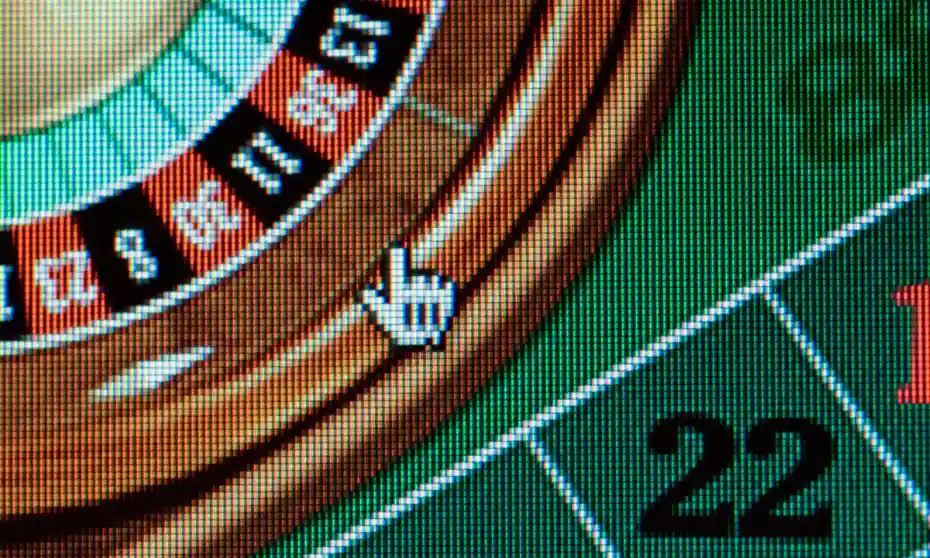Gambling Types and the COVID-19 Pandemic Lockdown
3 min read
Gambling types are categorized by their risk. The relief and escape gamblers usually use gambling to deal with negative emotions or to avoid isolation. Female gamblers are more likely to fall into this category. Pathological gamblers are the opposite of these individuals, who will gamble despite its negative consequences. These individuals are often subject to depression or anxiety and may have other mental health issues as well. However, if you are considering getting treatment for your gambling habit, you should know the difference between the different types of gamblers.
The most popular online gambling type is online casino gaming. In online casinos, all you have to do is visit the site of the casino or download an app to your mobile device. You can play a variety of casino games and even win money. Some websites even offer free online casino games. Some of these games are based on skill and luck, and you can even win a prize without investing any money. For more information, check out the Wikipedia page on gambling.
The study also incorporated a measure of the severity of gambling problem. In cross-sectional studies, respondents were asked a series of questions before and after the pandemic began. The parallel approach is less reliable, because the questions ask people to recall their typical gambling behavior before the pandemic, which could lead to memory bias. In contrast, longitudinal studies used the same assessment questions to assess changes over time. This type of study was not able to detect significant changes in gambling problem, but it was still useful to see how the prevalence of problem gambling varies over time.
Three studies evaluated gambling behaviors after the lockdown. In one study, participants from Great Britain and Australia reported higher gambling activity than those from the other two countries. They were more likely to gamble when they were unemployed, if their gambling was related to their COVID-19. Additionally, their gambling activities were associated with smoking, ethnic minority status, and lower educational levels, which were all predictive of increased problem gambling. Further, when compared with other gamblers, online gamblers were more likely to be classified as problem gamblers.
Independent assessments of the COVID-19 pandemic impact on gambling activity vary in quality, but overall trends appear consistent across jurisdictions. Gambling participation was reduced during the lockdown, with many citing financial pressures, lack of accessibility, and lack of interest. In addition, post-pandemic follow-up will reveal whether people return to their previous levels of involvement in gambling. These findings are encouraging, and the results of such studies will provide information to policymakers and health professionals.
EGMs, casinos, and poker are associated with higher risk of problem gambling. In general, sports bettors and lottery players tend to be more likely to become problem gamblers. In addition, gambling types associated with problem gambling include casino games, bingo, and weekly sports pools. Despite the differences in the prevalence of problem gambling, problem gamblers tend to gamble frequently. And these behaviors are most common among EGM and casino players. However, in the U.S., problem gambling rates are highest among people who gamble regularly.







